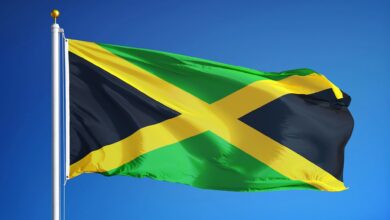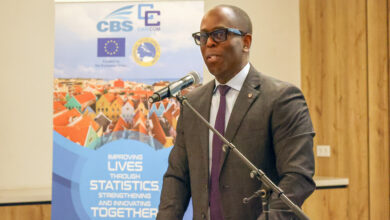(CARICOM Secretariat, Turkeyen, Greater Georgetown, Guyana) The management of invasive species can best be executed when countries and regions cooperate with each other while at the same time reaching out to specialist agencies with proven credentials in controlling these pests.
Delegates attending a two day symposium on invasive species in St. Kitts/Nevis pointed out that as these harmful species move by land, air and sea, it was in the interest of countries to cooperate with each other on their management and control.
It was highlighted that while it might not be possible to prevent invasive species from entering a country, once they are identified then help will be required to contain them before they become established and cause severe damage.
“We have had to deal with a number of invasives in Barbados and we have worked closely with the United States Department of Agriculture, the University of Florida and the University of Puerto Rico to control these pests,” said Mr Ian Gibbs of the Ministry of Health and Agriculture and Rural Development in Barbados.
“As a country you have to take action when plant pests are detected otherwise they will take over and cause destruction. Countries need to reach out to each other because often times if a pest is detected in one Caribbean country chances are it is already in a neighbouring country and there is no need to duplicate efforts. What’s important is assisting each other,” he added.
He said that in the case of the Giant African Snails (GAS) which has a high population in Barbados, the Ministry’s control methods were being shared with other Caribbean countries where there was a growing population of this plant eating pest.
Head of Strategic Alliance at the Caribbean Agriculture Research Institute (CARDI) Mr Bruce Lauckner highlighted that no one country could deal with the management of invasive species, therefore working across borders was a requirement.
“In the Caribbean we face the challenge of capacity as a Region. The challenge is even greater for individual countries. Collaboration and cooperation among countries and with agencies with expertise has proven to be the best way to go,” said Mr Lauckner.
Editor’s Note:
“Invasive species” means an alien species whose introduction does or is likely to cause economic environmental harm or harm to human health.
“Alien species” means, with respect to a particular ecosystem, any species, including its seeds, eggs, spores, or other biological material capable of propagating that species, that is not native to that ecosystem.





